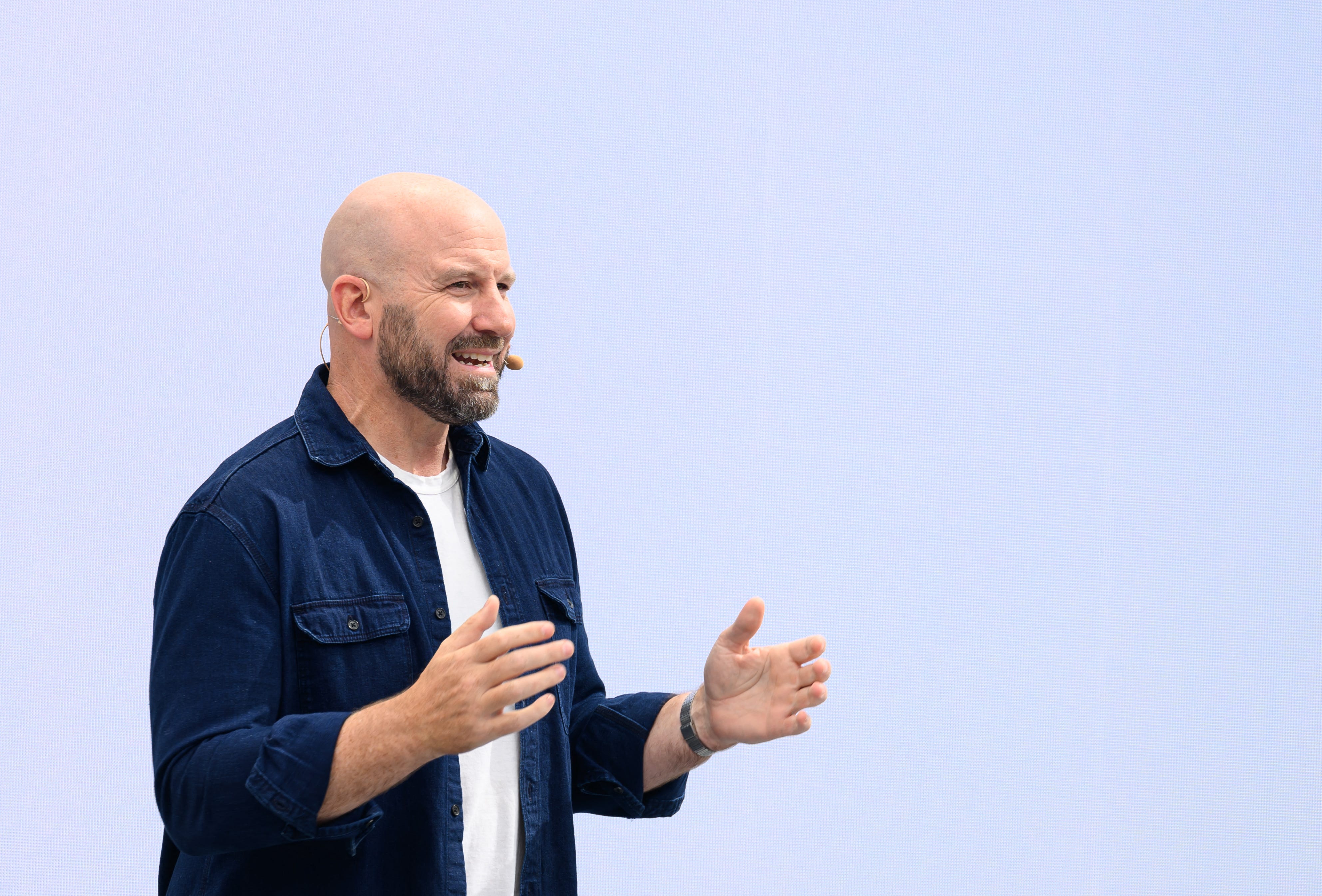
Josh Edelson/AFP via Getty Images
The future of the software engineering profession will be a tale of the haves- and have-nots, according to Meta’s CTO.
Meta chief technology officer Andrew “Boz” Bosworth thinks there’ll be “a stronger tiering of capability” between developers who master AI tools and those who don’t.
“The engineers who master the tools to the point that they can’t themselves be replaced by the tools command a premium,” he said in an Ask Me Anything session on Instagram on Monday. “And the people who don’t master the tools end up working below the tool layer, in data gathering, labeling tasks; they end up in tasks that for whatever reason the machine isn’t good at and aren’t high-leverage.”
He compared the benefits of AI in engineering to the benefits of the internet.
“We started being able to Google obscure compiler errors and get helpful threads about what people had done in the past, we started to navigate complicated APIs with much better documentation available through communities that were supported by the internet,” he said.
In the shorter term, Bosworth believes AI “makes our lives easier in the same way the internet made our lives easier.”
Further out, he says AI will give software engineers “leverage” and result in “complexity and productivity” gains in their work. He emphasized that he believes AI will help the industry grow, not tank.
“We’ll see companies with a couple of employees and billions of users,” Bosworth said.
But “it’s hard to say how it’s going to land,” he added.
Bosworth’s boss, Meta CEO Mark Zuckerberg, has shared similar predictions on how AI will impact software engineers.
He said in January that he expects Meta, among other companies, to have an AI later this year that can “be a sort of midlevel engineer that you have at your company that can write code.”
He’s also said he expects AI will help founders build with just “very small, talent-dense teams.”
“If you were starting whatever you’re starting 20 years ago, you would have had to have built up all these different competencies inside your company, and now there are just great platforms to do it,” he said in May.
Zuckerberg has spoken since at least 2022 about an “efficiency” push at Meta, which has laid off tens of thousands of workers since the pandemic.
Meta internally announced plans earlier this year to start letting job candidates use AI in some coding interviews.
The post Meta CTO gives his short-term and long-term predictions for AI’s impact on software engineering appeared first on Business Insider.




